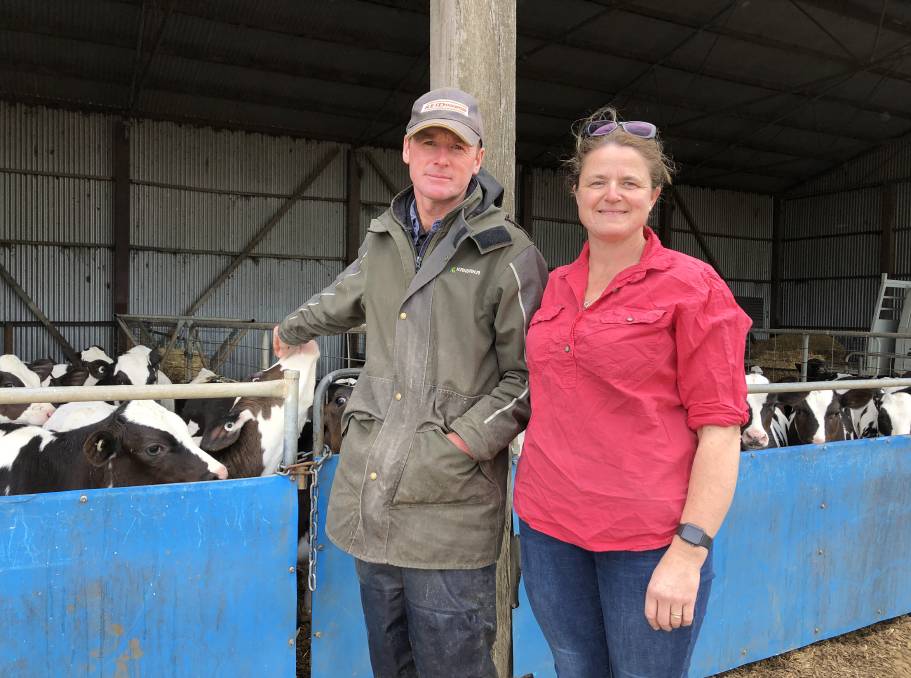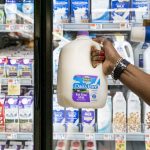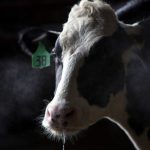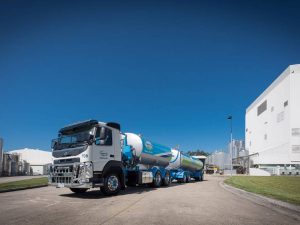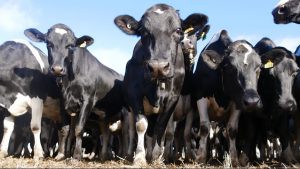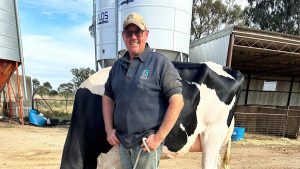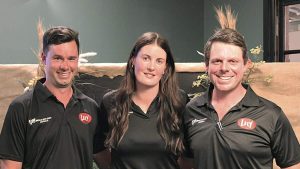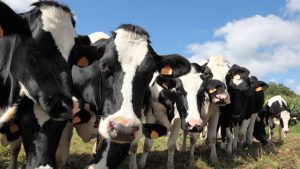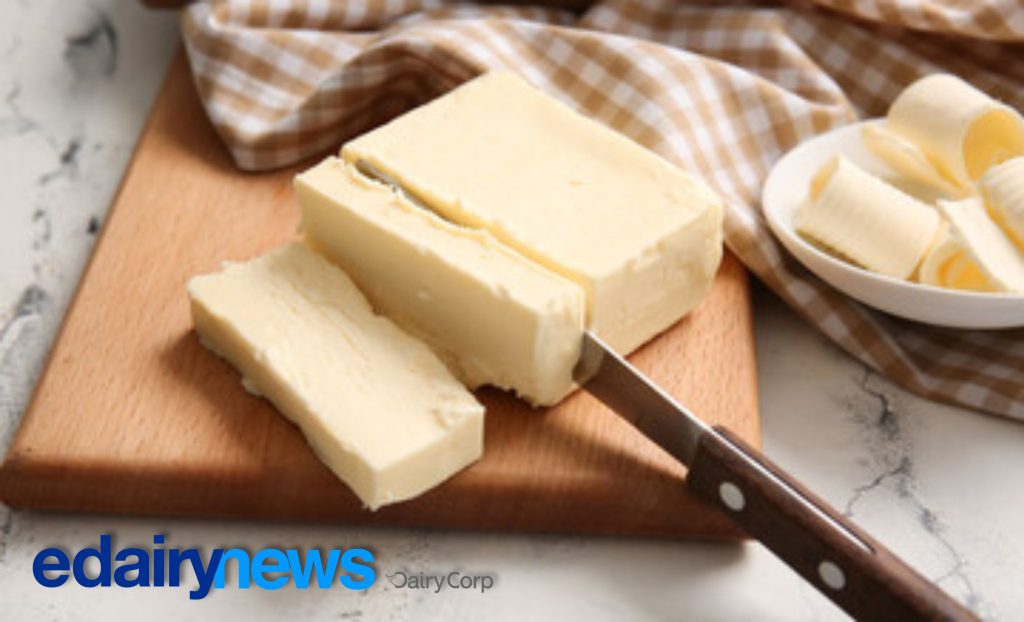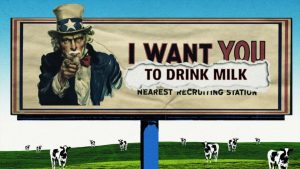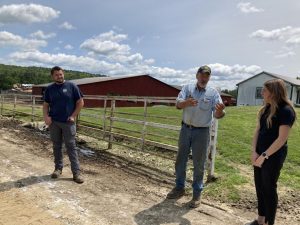
“We won’t use conventional semen again,” Mr Brown said.
From next season, the Browns will be using sexed semen for all their replacement calves.
It doesn’t stop there.
Aside from milking 500 cows at the Browns’ Koroit dairy farm, Mr Brown is also an artificial insemination (AI) technician and normally a perfectionist when it comes to AI but a more relaxed approach this year proved equally successful.
“I suppose you could say I was very anal, everything had to be right,” he said.
“The cows had to be calved so many days, they had to be clean and have no calving problems and you know, you only load one gun at a time and all that sort of crap and it worked but we weren’t getting any huge results.
“So I forgot all that and just started using it like it was conventional – we just load up a heap of guns, don’t care whether the cow’s had trouble calving or whatever – if we want a heifer calf out of that cow, we just joined her to sexed semen.”
The results were spectacular.
With just a single progesterone shot, the six-week in-calf rate was 66 per cent, with conventional semen yielding a 41.5pc in-calf rate and sexed 44.7pc.
The top cows were joined to sexed semen and the lesser performing cows as well as those in their fourth lactation or older were joined to conventional semen.
It’s all part of a bigger plan.
The Brown family plans to “wind back or walk away” from dairy farming in four years’ time and is building the value of its herd.
They need 80 dairy replacement heifer calves, so use dairy sires for the first month of the joining period and AI beef sires using conventional semen for the remainder.
Even so, the family has surplus dairy heifer calves and genomically tests each of them at a cost of about $57 a head.
That genomic information helps the Browns decide which heifers to keep or export.
“I think it’s a good investment,” Mr Brown said.
“If you’re going down the path of sexed semen, you’ll have surplus animals and, while I’d like to milk them all, you can’t.
“You’re better off genomically testing them so you know you’re keeping the right ones.
“We used to draft anything off for export based on the the look of it – what I didn’t like or the semen company rep didn’t like – but now it’s all done on their figures.
“Going forward, I wouldn’t be surprised if the Chinese start paying a premium on genomically-tested animals.”
The genomic information is also used to determine which of the heifers are A2A2.
“All the data we’ve got on the cattle, it’ll be worth it when we sell them at the end of the day,” Mr Brown said.
“I love breeding cows.”
He said they AI their beef cows, as well.
“A lot of beef farmers look at me as if, ‘God, you’re stupid, don’t you get enough at the dairy?’,” he said.
“Put the better genetics in and you can climb the ladder a lot quicker with AI.”
The mix of sexed semen, dairy beef and genomics that underpins Daryl and Leah Brown’s breeding program puts them at the forefront of an increasingly popular movement.
DataGene group leader Michelle Axford said 15,000 female cattle had been genomically tested in Australia last year.
“It’s been growing over the last 10 years but it’s still not common practice and it’s not taken off in Australia like it has in the United States,” Ms Axford said.
Genomic testing offered a genetic prediction of an animal’s performance, with a similar level of reliability to the observation of a cow over seven lactations.
Ms Axford said the ImProving Herds project put the value of more high BPI replacement heifers entering the herd at an average $300 extra income over feed costs per cow per year.
Farmers with enough high-quality replacement heifers then faced another decision, ABS national sales manager Paul Quinlan said.
“Your next choice is whether to bring more female progeny to capture the export market or whether you then move into beef,” he said.
“With beef, it doesn’t really matter whether you’ve bred a male or female beef calf whereas you want to limit the amount of male dairy calves you get.
“But don’t just use any old Angus bull, we do a lot of testing to make sure it will suit dairy cows.
“It’s a planned approach, you can’t just do what we’ve always done.”
